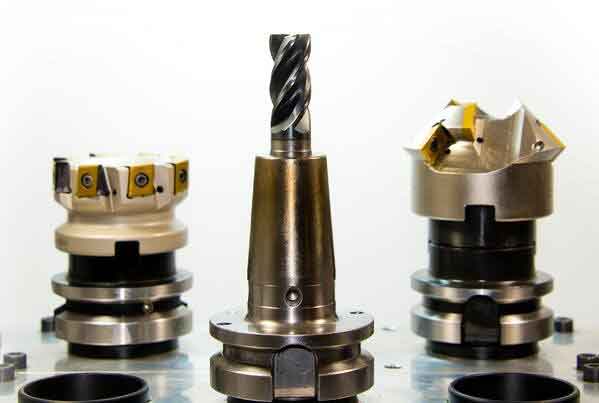Computer Numerical Control, or CNC, technology is a method of controlling tooling capabilities and industrial machines using advanced software and computer systems. The family of CNC machines includes manufacturing equipment of all kinds — welding, milling, and stamping can all be monitored and conducted with CNC systems.
Common CNC machines include cutters, routers, grinders, and turners in addition to welders and mills. No matter the process, CNC technology allows manufacturers and engineers to craft extremely precise, complex parts from a full range of materials.
What is it?
At its most basic, CNC milling must successfully combine three elements:
- Cutters with the ideal shape, size, and sharpness for a project or material
- The appropriate rate of speed for spinning the chosen tool
- An appropriate feed rate for advancing the workpiece material through the machining process
The CNC system controls these details by collecting design information directly from drawings and models in CAM or CAD software, converting the designs into codes (NC code, G-code, and ISO code), and translating the codes into operational commands.
The chosen rotary cutting tool then removes material from the surface of the workpiece in a series of fast, small cuts in order to create details such as holes, notches, grooves, slots, pockets, and other custom sculpted surfaces
The most advanced milling machine centers operate on five unique axes, allowing tools to be easily manipulated to produce complex, precise, three-dimensional parts.
CNC Milling Tool Types
The most common piece of CNC equipment is the CNC Vertical Milling Machine Center. These complex tools are the easiest CNC mills to program, and are a key component of many machine shops.
Both vertically and horizontally oriented CNC milling centers come equipped with specialized components: an assortment of CNC tools and tool changers, including magazines, carousels, and specialized CNC tool storage, are incorporated into their design. They also often include coolant and cutting fluid systems and are equipped with specialty enclosures.
CNC turning tools, such as lathes, can be combined with a milling center for single setup CNC milling and turning. Other useful milling tools include:
- CNC Router Tools — These specialty tools can perform the tasks of standard panel saws, boring machines, and even spindle moulders, in addition to tenon and mortise cutting. They’re just as useful for singular prototype processes as for precise automated production.
- CNC Tool Grinders — Ranging from general applications to specialized micro tool grinders, these machines can both produce and regrind drills, step drills, woodworking tools, profile tools and cutters, complex orthopedic implants and instruments, and more.
- CNC Tool Setters — An integrated part of a CNC milling center, tool setters help to preset tool length and ensure accurate loading of individual tools within the system. They can also be useful for off-set measuring, as well as detecting wear or breaking of tools in the machines.
For more information regarding CNC milling, precision CNC milling tools, or how these systems could benefit your next project, check out the links that follow:


